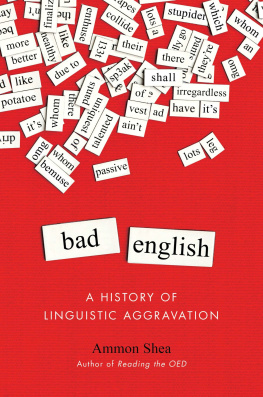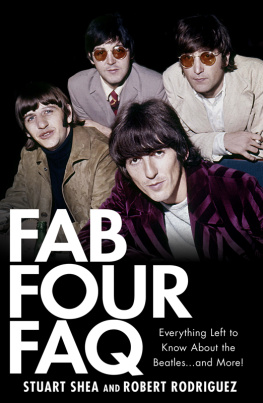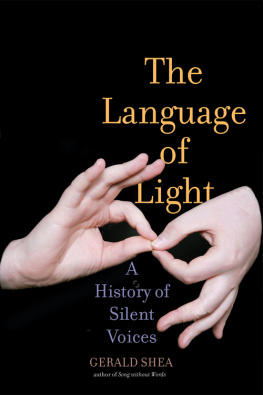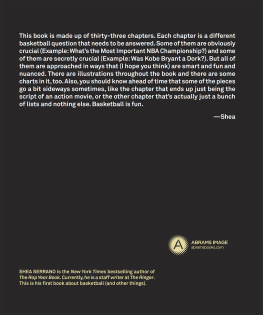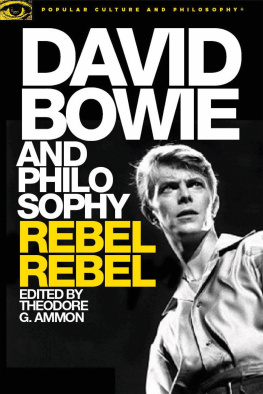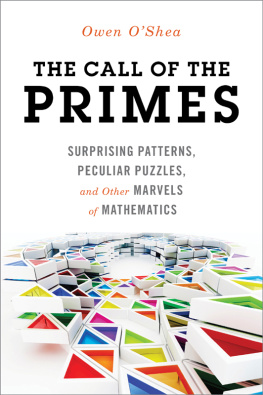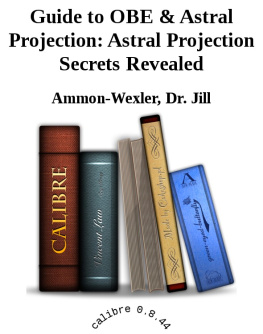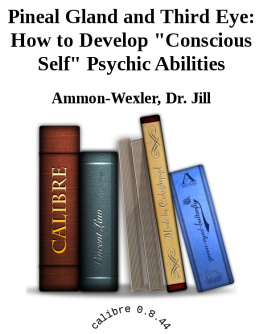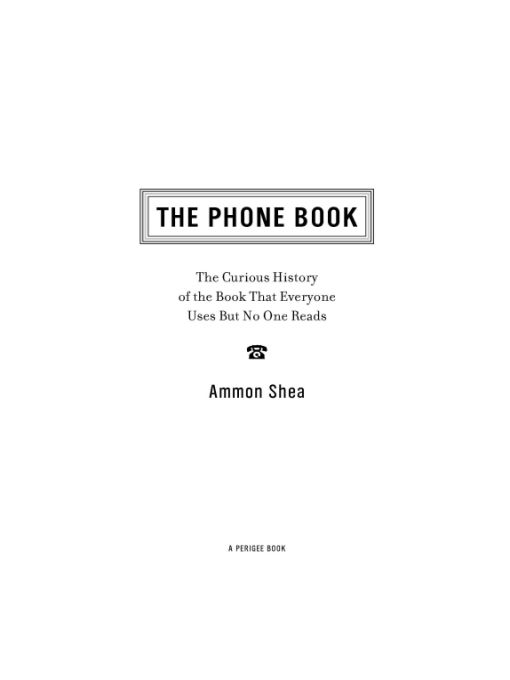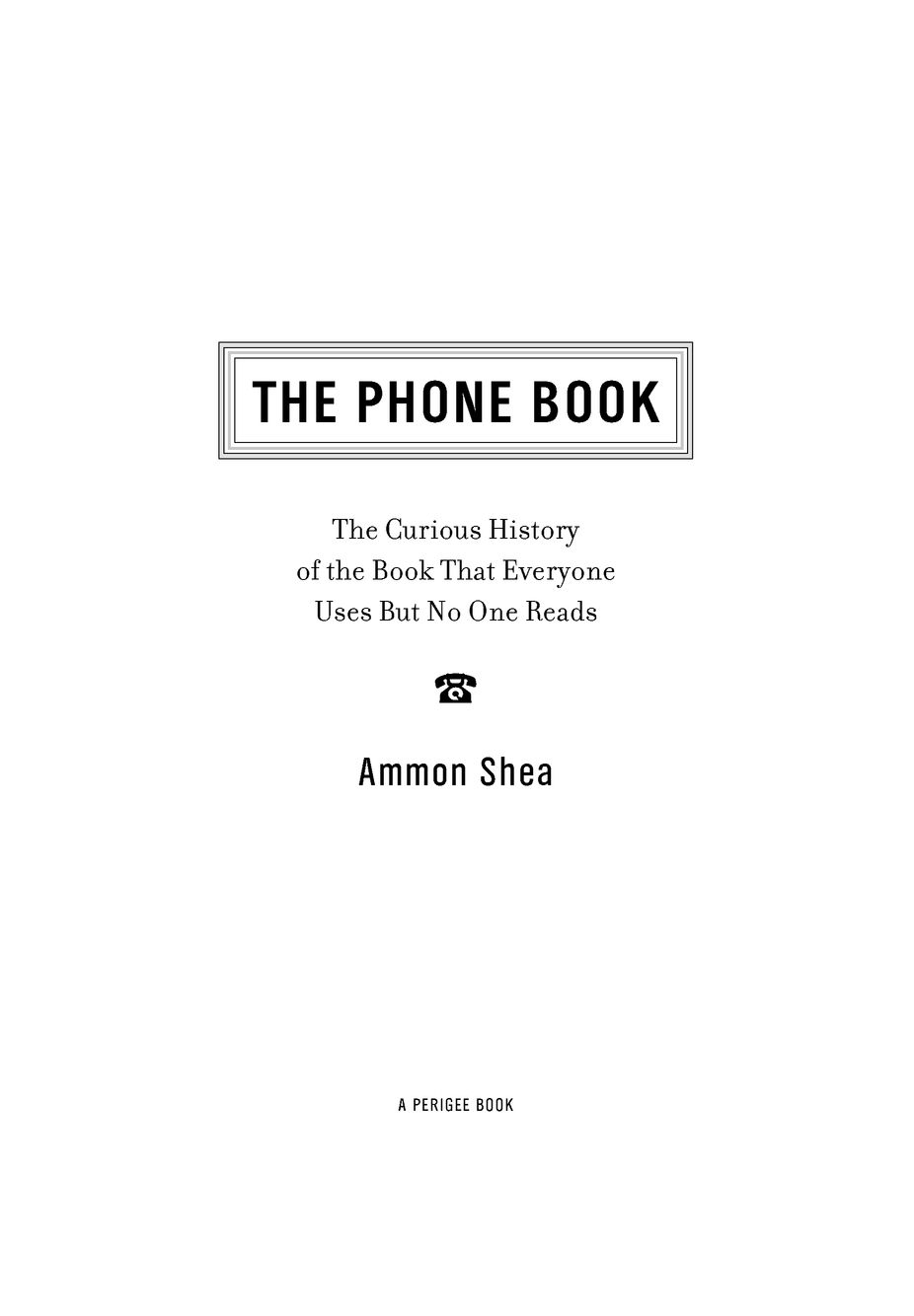Table of Contents
PRAISE FOR
READING THE OED
Oddly inspiring... This is the Super Size Me of lexicography.... Shea has walked the wildwood of our gnarled, ancient speech and returned singing incomprehensible sounds in a language that turns out to be our own.
Nicholson Baker, The New York Times Book Review
Readworthy... features such far-out selections from the Oxford English Dictionary as goat-drunk, made lascivious by alcohol.
William Safire, The New York Times Magazine
[Shea] aspires to be the David Blaine of wordland.... He tends to favor the truly rare and obsoletewords that the language has shed like flakes of dead skinbut many are beauties nonetheless.
James Gleick, The New York Review of Books
Delicious... a lively lexicon.
O, The Oprah Magazine
Shea, an avid collector of words, displays an assortment for our pleasure as he wends his way through the alphabet.
The Boston Globe
Reading the OED is far more than a sort of CliffsNotes to one of the worlds largest books.... As [Shea] approaches Z, the reader is rooting for him with the enthusiasm usually associated with a marathon runners entrance into the stadium.
The Miami Herald
A charmingly good-natured and delightfully engrossing tour of the OED. Ammon Shea is the ideal reader that all dictionary editors are secretly writing for. Let him show you around... you wont regret it.
Erin McKean, editor of Verbatim: The Language Quarterly
Ammon Shea has plundered the dark recesses of the Oxford English Dictionary and brought us back lexical gold.... Not to be a bullyscribbler, but Im telling you: Dont be a bayardread this book!
Martha Barnette, cohost of public radios A Way with Words
For Ogden
The new phone books here! The new phone books here!
Steve Martin, as Navin Johnson, in The Jerk, 1979
The end product is a garden-variety white pages directory, devoid of even the slightest trace of creativity.
Supreme Court Justice Sandra Day OConnor, writing the majority opinion in Feist Publications v. Rural Telephone Service Company
ACKNOWLEDGMENTS
My thanks are due, as always, to Jim Rutman, for continuing to be the sort of agent that writers always hope to have as representation. And similarly, thanks are due to Marian Lizzi and Christina Lundy of Perigee, who tirelessly (and patiently) worked to make this book far better than the one that I initially wrote.
Charles Eric Gordon, Gwillim Law, and Madeline Schwartzman were all kind enough to spend time telling me their telephone book stories, enchanting me in the process. And David Smith, who has recently retired from his position as the most helpful librarian that the New York Public Library has ever had, provided great assistance in too many ways to count.
And my thanks to and for Alix, who can make any writing, and any anything, better than one has any right to hope for.
INTRODUCTION
A wonderful and picturesque story about telephone books appears in an old railroad journal from 1935. An unnamed fruit company in Central America was having difficulty with local bandits, who were hijacking its trains. The train cars were built of steel, and while this may have once rendered them impervious to most forms of attack, the bandits in question had adopted the use of high-powered bullets, which proved more than capable of penetrating the sides of the cars. Obviously, a better form of protection was needed.
There is no mention of how the happy discovery was made, but someone found that the Manhattan telephone book was the exact same thickness as the partitions inside the steel walls of the train cars and would stay there when slipped in. Filled to the brim with telephone books, the trains would be effectively bulletproof. So the fruit company ordered four thousand pounds of old telephone books from Manhattan and had them inserted into the train cars. I presume the bandits gnashed their teeth in fury at being so thwarted by outdated home reference books and resigned themselves to being impecunious footnotes in this fine tale.
The problem with this story is that it repeats itself in a variety of decades, in a variety of forms. A 1963 story in the Chicago Tribune says that it was the president of a volatile Latin American republic who ordered the telephone books for his private railroad car.
And a poem by William Price Turner, written in the 1960s, begins with the line Eight hundred telephone directories will bulletproof a truck, claims a fruit company in South America, before going on to describe a bandit attack on a truck. The poem unfortunately gives no documentation that might yield any authenticity to this tale, but that is the nature of poetry. And it does include the (I hope) immortal line The desert bristles with rifles and vexed mustaches, so I am more than willing to forgive the lack of footnotes.
Variations of this story have also appeared in the New Yorker, a number of railroad magazines, and newspapers both great and not so great. Sometimes the doughty telephone books are defending against bandits (or revolutionists) in Central America, and other times they are guarding the funds or persons of some entity in South America.
None of the articles offers a follow-up, so there is no information as to whether the fruit company was no longer plagued by its bandits, or whether the president of the unnamed country lived to a ripe old age, endlessly and blissfully rolling along the rails in his private car, protected by millions and millions of telephone numbers. Perhaps the bandits, rather than resigning themselves to so ignominious a fate as being thwarted by cheap paper and even cheaper ink, got themselves and their vexed mustaches a bazooka or a howitzer and soon after blew up the entire vehicle.
It is hard to say whether this tale is a colorful bit of invented history or the telephone books actually proved to be such a useful and well-known ballistic prophylactic that they were used for this purpose in a variety of times and places.
But even if it is apocryphal to the point of almost certainly being fiction, the tale is still illustrative of our relationship with the telephone book. There is perhaps no other book that has been so useful and yet so often regarded as useless.
In addition to possibly serving as protection from bullets, telephone books have served as impressive-looking books for strongmen (and the occasional strongwoman) to rip in half. They have been a stage prop for the brilliant (and very shortfive feet, two inches) jazz pianist Errol Garner and used as dinner table risers for uncountable millions of children over the past hundred years. They have been turned into everything from handbags to ceiling tiles to more telephone books.
During World War II, the Wright Aeronautical Corporation used telephone books in the construction of Whirlwind and Cyclone aircraft engines, as a means of keeping dirt out of the castings when they were poured (the thin, cheap paper burned away easily and didnt leave any residue). They have been put to such exultant uses as confetti for ticker-tape parades and to such inglorious ones as kitty litter.


